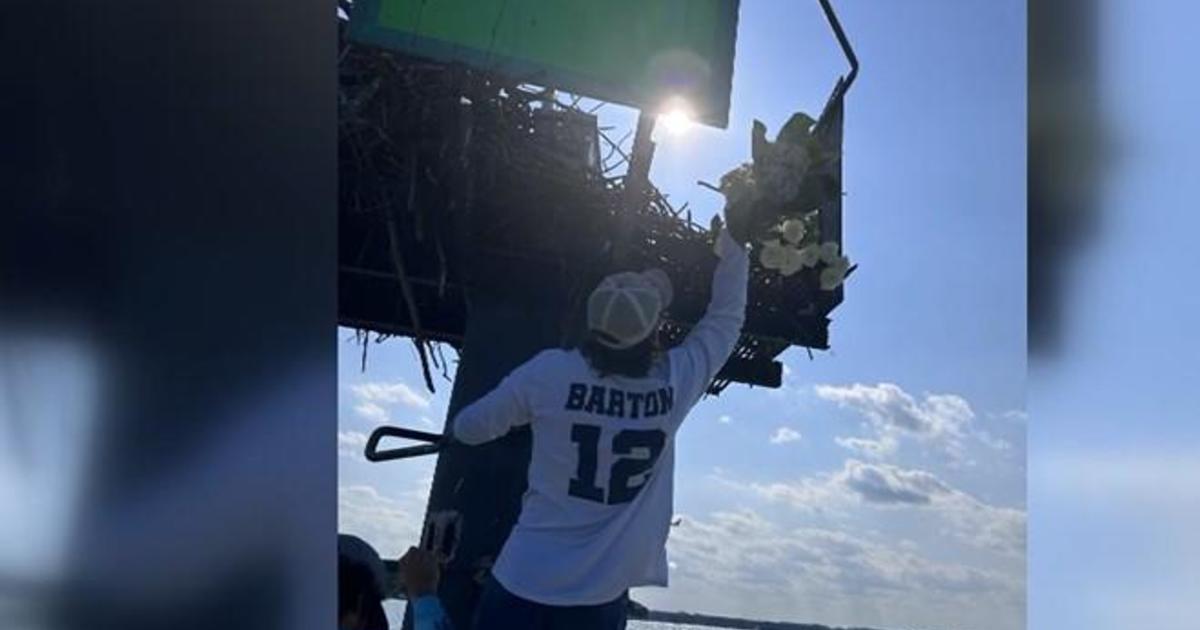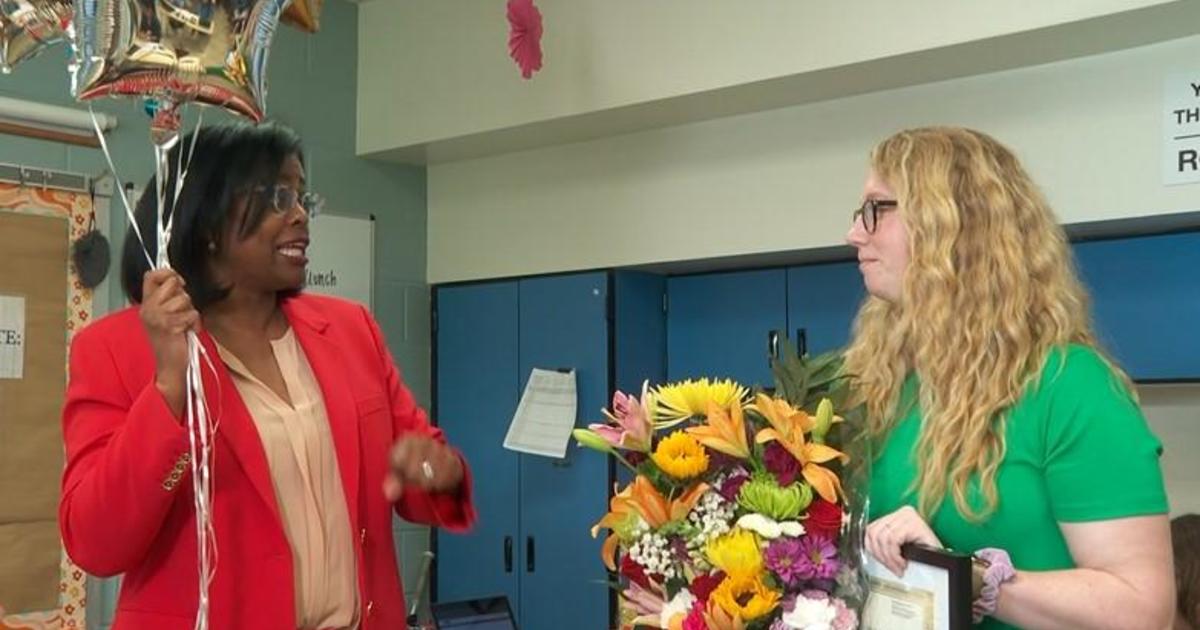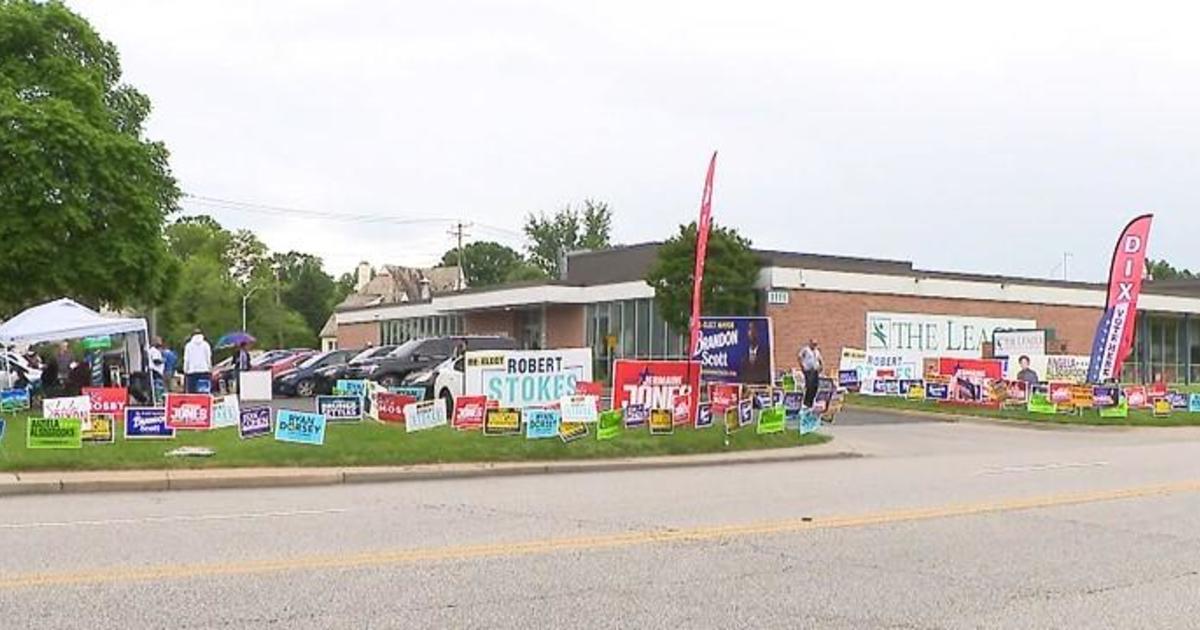Debate Recap: What the gubernatorial candidates said on education
BALTIMORE -- Ten candidates for governor took the stage at Baltimore City Community College on Monday night to discuss an issue often at the forefront of voters' minds: public education.
The "quality of K-12 education" was a major concern for 63% of Maryland Democrats and 62% of Maryland Republican surveyed in a June poll conducted by Goucher College, The Baltimore Banner and WYPR.
Under a deal announced last March by Gov. Larry Hogan, Senate President Bill Ferguson and House Speaker Adrienne Jones, the state set aside $800 million for future funding in the Blueprint for Maryland's Future, also known as the Kirwan bill. Passed in 2021, the legislation calls for education spending to increase by $3.8 billion each year over the next decade.
Kirwan was one of several topics at Monday night's debate, as were attracting and retaining teachers and the biggest issue facing Maryland schools.
Here's a recap of some of their responses:
Blueprint For Maryland's Future
Candidates were asked about their favorite part of the sweeping education package, and the answers brought a rare moment of bipartisanship.
Former state Commerce Secretary Kelly Schulz (R) and former U.S. Education Secretary John King (D) -- two of the only candidates to trade shots -- both singled out the increased funding for college and career programs in high schools.
"If we can find for every high school student that thing that they're passionate about, we can make sure that students graduate are are ready for what's next," said King.
As secretary of both the labor and commerce departments, Schulz said she was able to develop more apprenticeship programs and bring in new professions, such as cybersecurity, finance and education.
Jon Baron, a former Congressional staffer and founder of the Coalition for Evidence-Based Policy, also touted career and technical education. But Baron (D) added the caveat the state should use the money to expand programs that have proven successful in other jurisdictions.
Former Maryland Attorney General Doug Gansler, another Democrat, pointed to universal pre-K. Through his nonprofit the Charm City Youth Lacrosse League, Gansler said he's worked with Baltimore City kids who could go to some of the city's elite private schools to play the sport but they aren't prepared to meet the academic standards at those institutions.
"They get tested, they can't read, and that's because they got behind from the beginning," he said.
Green Party candidate Nancy Wallace also cited universal pre-K, saying it will help stimulate a love of learning for children as young as 3 years old.
Although he called the funding "excessive," Libertarian candidate David Lashar said he liked that Kirwan allows for the funding of innovative programs.
Democrat Ralph Jaffe, a perennial candidate, called it "a waste of taxpayer's money.
Attracting And Retaining Teachers
Most every candidate on the stage said teachers should be paid more.
Robin Ficker, a former member of the Maryland House of Delegates and former attorney who was recently disbarred, said he would stress the importance of in-person learning over virtual learning as schools continue to navigate the pandemic. Ficker (R) said teachers have told him they were upset they couldn't see their students in the classroom for so long.
King said he would accelerate pay bumps for teachers, reaching a $60,000-per-year minimum. Improving working conditions would also be important for retaining talent, he said, relaying the story of a Prince George's County counselor at one school who's responsible for 700 students and families.
"We've got to make sure we have enough school counselors and mental health services in schools," he said. "We've got to make sure that we have heat and air conditioning that works."
One of Baron's proposals is a statewide tutoring program tapping everyone from recent college graduates to retirees to help children with their studies. He said he would also make it so tutors in the program could be fast-tracked to become teachers.
Wallace said her administration would listen to teacher's unions about best practices. She also said she would shift priorities in the budget to increase teacher pay.
Noting Maryland already commits large sums of money to education, Schulz said her Parental Bill of Rights would create more transparency in how school districts spend their money and allow for more dollars to go directly to the classroom.
The Top Challenge Facing Maryland Schools
King said the biggest challenge is equity, pointing to the lack of heat and air conditioning in some schools.
"Too often our low income students or students of color are English learners or students with disabilities students in rural communities are getting less," he said.
King said he would fully fund the Kirwan plan and ask large corporations and multi-millionaire residents to pay more in taxes to do so.
Baron said he would implement the Blueprint in a different manner. He would recruit "an army of people" to serve as tutors and expand charter school programs that have proven successful, such as KIPP, which he said has increased math scores by 10 percentage points.
"With the new resources, we would focus them on expanding solutions that don't just sound like good ideas but have actually been tested in the real world and shown to make a big difference in student outcomes," he said.
Gansler said school safety is a top priority and pledged to have enough student resource officers in school buildings.
For Schulz, it's empowering parents, including through school choice. She pointed to successful charter school programs in New York City and Washington, D.C.
"There is no reason why Maryland cannot do that either, because regardless of the ZIP code and the schools that our kids go to, they should have an opportunity for a world-class education that we should be able to provide for them," she said.
Lashar shared those sentiments.
"We need to inject more choice into the education system, not just for students that everybody talks about, but also for teachers themselves," he said, adding teachers could be given more alternatives for advancing their careers.
Jerome Segal, another Democratic candidate, spoke of how history classes don't paint a complete picture of slavery or omit topics such as race riots, lynchings and medical experiments on Blacks throughout American history.
"Black children actually know more about who we are and the history of this country than white middle class people do, because they live it," he said. "What we don't know in this country is our histories."
Unaffiliated candidate Kyle Sefcik, an MMA fighter and business owner, cited the mental and physical health of children. Prior to the pandemic, he worked on an event in Montgomery County called Rock the Block to bring students, teachers, parents and community members together, and he said it created camaraderie.
Wallace said she would fully fund Kirwan and develop a leadership development program on climate change.
Ficker wanted to make Baltimore "The City That Reads" again and said, as governor, he would create a statewide reading contest at every school and invite the winners to Annapolis.



